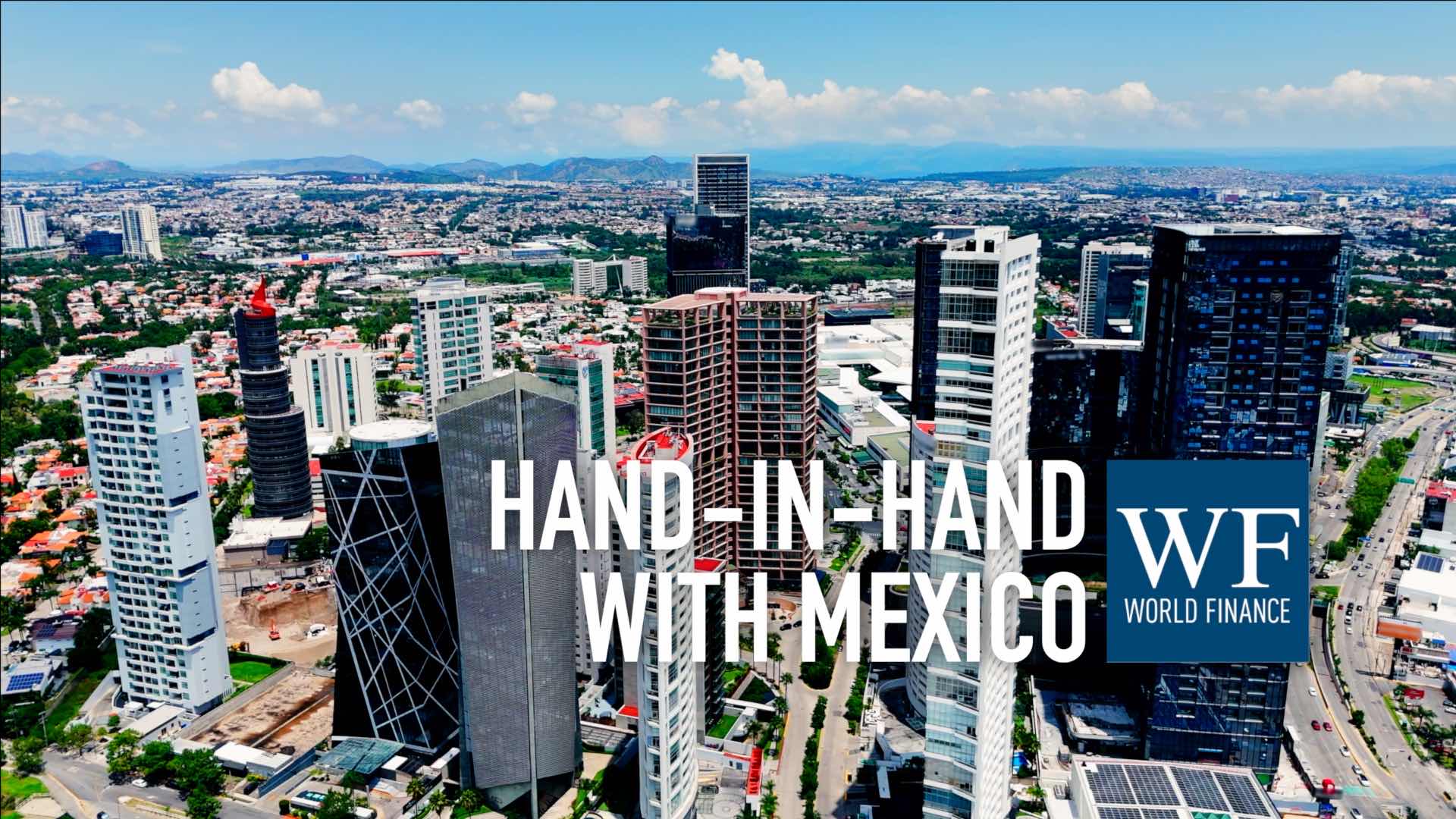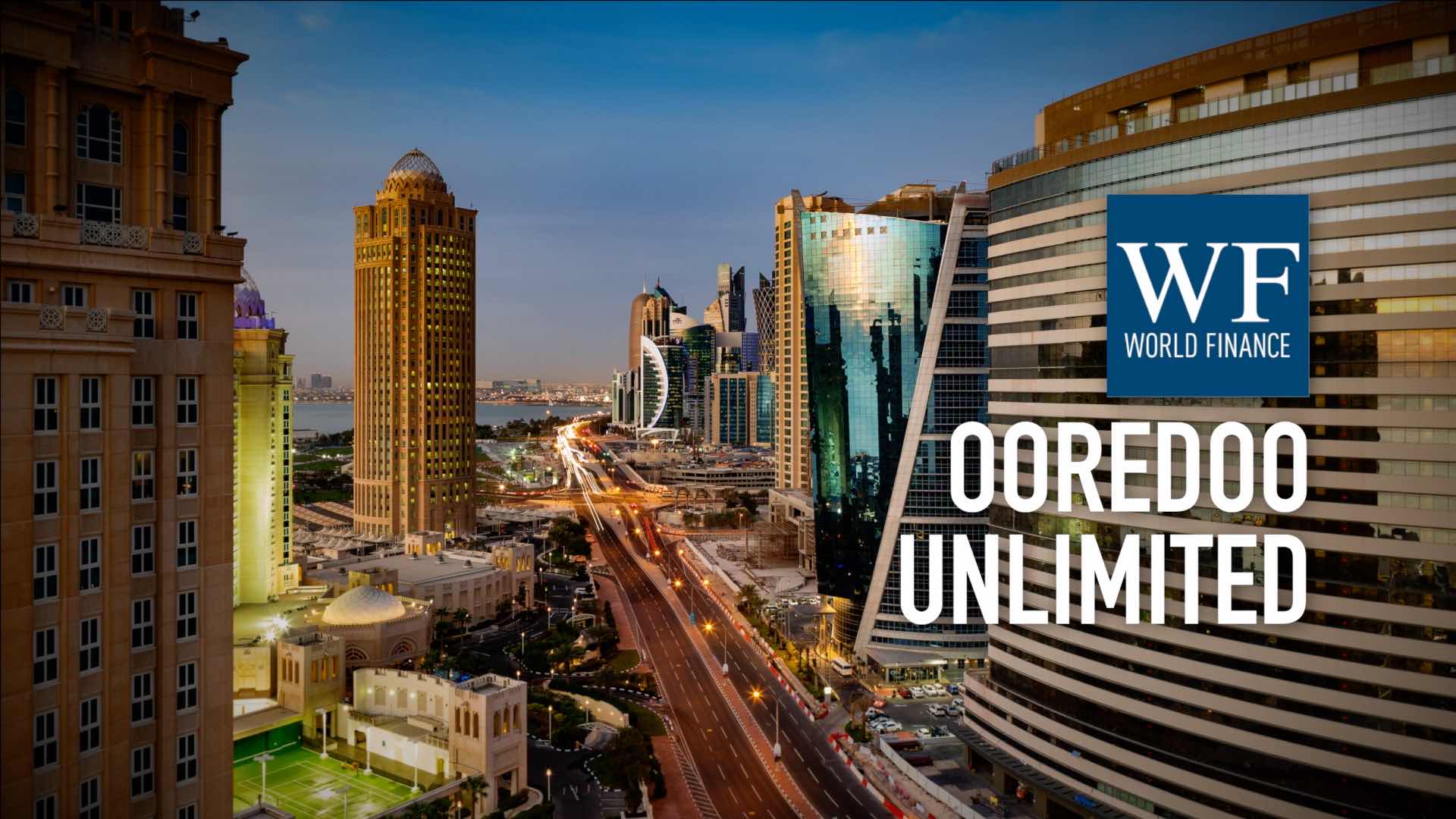Ignacio Aguirre and Carlos Berriochoa on the Antofagasta Hospital | Sacyr Concesiones | Video
World Finance interviews Ignacio Aguirre, Senior Project Manager, and Carlos Berriochoa, Investment Director, from Sacyr Concesiones, on the unique challenges of building a hospital in the seismically active Antofagasta region of Chile
Related:
Transcript
Sacyr Concesiones is a world leader in construction and infrastructure. As the company embarks on its Hospital de Antofagasta project, Ignacio Aguirre and Carlos Berriochoa, respectively Senior Project Manager and Investment Director from Sacyr Concesiones, discuss Sacyr’s strategy for selecting projects, the reasons behind the increasing use of PPPs in Latin America, and the unique challenges and solutions to building a hospital in Chile’s seismically active Antofagasta region.
World Finance: Carlos, what is the focus and strategy for this business area?
Carlos Berriochoa: Firstly, location. We exclusively target investment-grade countries, where the rules of the game are clear and stable. Secondly, project type. We focus on the kind of projects we know best, and where we have the most rated experience. Roads, railways, subways and hospitals. Any project we consider must have a strong construction component.
Thirdly, partnerships. We strive to identify and incorporate the right financial and local partners from the beginning. And finally, we define from the beginning a turnaround strategy, to ensure that our partners, the client, and ourselves, are all reading from the same page.
“This project involves an investment of €300m, and will benefit a population of 260,000 people”
World Finance: Ignacio, you’re now working on the Antofagasta project. Tell me how this project is unique?
Ignacio Aguirre: This project involves an investment of €300m, and will benefit a population of 260,000 people, within the region of Antofagasta. This region is characterised by being an area of high seismic activity. This project will be the largest hospital in Chile, built with the highest technical standards, and incorporating the most advanced architectural, structural, and functional solutions, designed to resist the effects of the seismic activity in the region.
It will be a hospital with 100 percent isolated structure, with about 400 seismic isolators. And the scope of the project also makes it unique. This is the first hospital concession in Chile to also include the purchase, maintenance, and replacement of the medical and non-medical equipment.
World Finance: You mentioned that this area is prone to natural disasters; how did you approach this?
Ignacio Aguirre: The first step was to assign highly qualified professionals in all areas: construction, concessional, and operator. In order to ensure the correct development and execution of the project.
With regards to the design, we put together a team with the best architects and engineers, with more than 20 years experience designing and building hospitals.
We have also incorporated several Chilean consultants with significant experience in the design of buildings, in areas of high seismic activity. And the 100 percent isolated structure is an extremely effective solution in reducing vibrations and damage to the building, equipment, and installations, in the event of an earthquake. The structure designed for this project will be the largest of its kind in Chile.
“This is the first hospital concession in Chile to include purchase, maintenance, and replacement of all equipment”
World Finance: Are these types of development becoming more in demand?
Ignacio Aguirre: The hospital concessions has provide citizens with earlier access to healthcare facilities, mainly for two reasons.
Firstly, because public budget constraints usually prevent governments from awarding direct construction contracts. And secondly, instead of tendering and negotiating several contracts for the design, construction, and operation, the concession model allows them to complete the whole process in just one step. The pressing need to increase efficiency in the public sector is one of the reasons why many governments around the world are adopting this concession model, and Chile is just one of them.
When the same company – in this case, the concessioner – is responsible for the whole project, the design, the construction, the operation of the building, for a term of 15 or 20 years, objectives get aligned, in order to achieve the best result at each stage.
World Finance: Carlos, you have vast experience within this industry. What is the key to this success?
Carlos Berriochoa: The vertical integration within the group companies of the constructor, the concessionaire and the operator, which significantly reduces the friction and the distress among the team members. These allow us to create more competitive commercial offers. But all of this while maintaining strict accountability of the results of each of the business lines. No cross-subsidies, and all relationships regulated through arms-length contracts.
And finally, a proven track record in the health sector, that enables us to understand and meet the needs of patients, medical staff, and health administrators.
“Since the beginning of the financial crisis, Sacyr has been awarded six concessions in Chile alone”
World Finance: How has the financial crisis impacted on construction and the industry?
Carlos Berriochoa: The financial crisis has dramatically reduced the number of projects financed through the exchequer. PPP projects have been affected to a lesser extent, but there has been an impact on the way of doing business. For instance, it has accelerated the need for international diversification, it has reduced the amount of available capital, leading to more complex partnering strategies. It has also complicated the financing of the project, requiring now more skills and efforts in this area. It has also changed the way risk is perceived, leading to a more careful approach to these projects, and also a reduced number of viable projects.
And finally, it has forced many concessioners to revise their asset rotation strategy, leading in many cases to their decision to devest. Sacyr Concesiones has adapted well to this new environment, and proof of that is the fact that, since the beginning of the financial crisis, we have been awarded with six concessions in Chile alone.
World Finance: And finally, what projects do you have in the pipeline?
Carlos Berriochoa: We are pursuing projects in countries like Chile, Mexico, Colombia, Peru. Countries where the pipeline of projects to be tendered are all fitting with our strategy. We are also active in Brazil, where we used to have some concessions. And the US. But in these countries, we have taken a more selective approach.
We are also active in some European countries, such as Ireland, where the market seems to be recovering. Also Italy, and more recently, Russia.
World Finance: Carlos, Ignacio, thank you.
Ignacio Aguirre, Carlos Berriochoa: Thank you.

 Banorte: Growing together, growing with Mexico, growing with you
Banorte: Growing together, growing with Mexico, growing with you Ooredoo Group: Innovation, integrity and social responsibility mean ‘the sky is the limit’
Ooredoo Group: Innovation, integrity and social responsibility mean ‘the sky is the limit’
